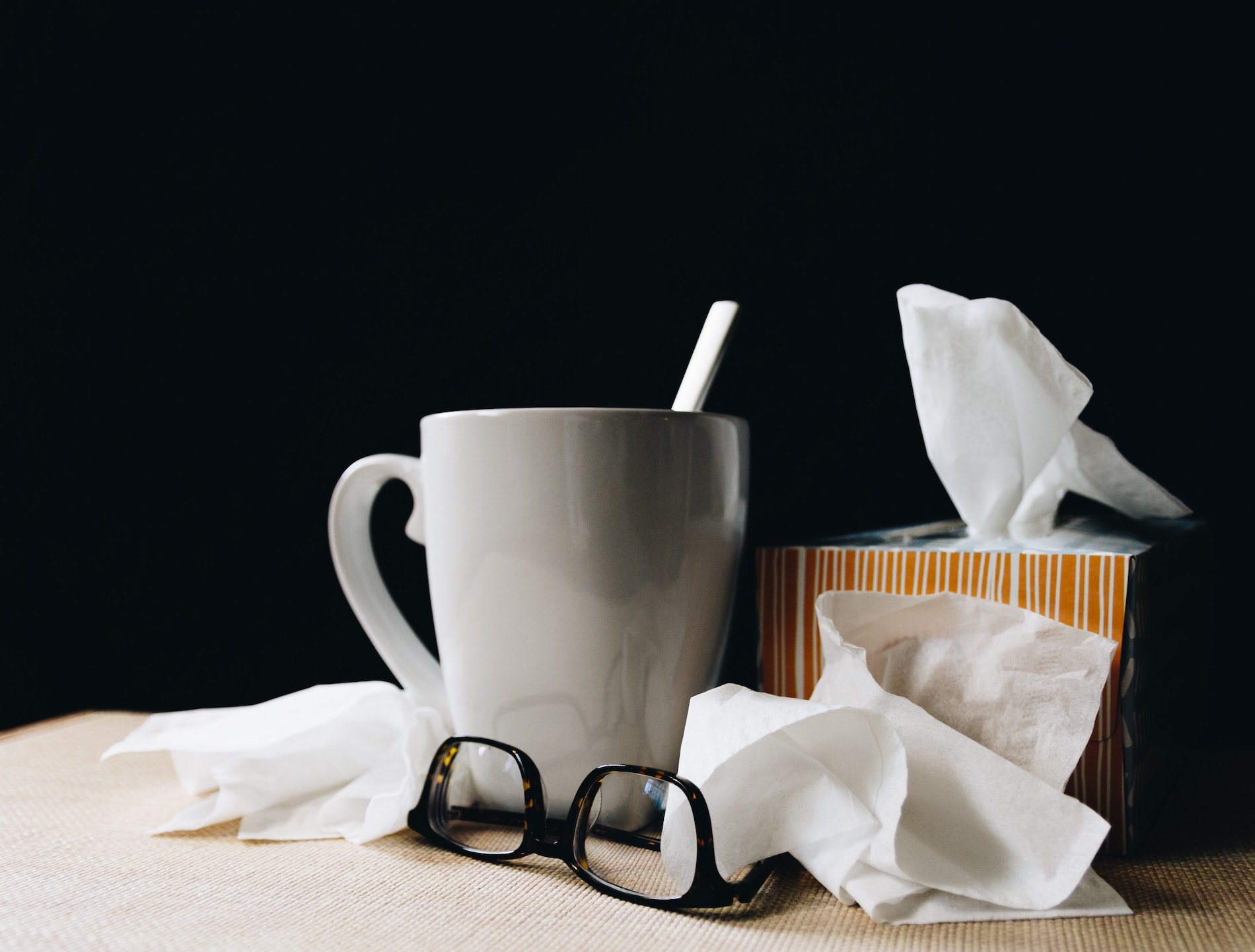our blog
Flu season and vitamin D
The flu season is an annual time period in which there is a marked increase in outbreaks of influenza, or, the flu. The season is always during the cold half of the year in each region and travels in a predictable manner. Whats the reason behind this? Is it that the environment is just right for the bug? Is it that a dangerous new strain has just made its way into town? Or is it that we may simply be less able to fight off the invader? Lets explore a bit deeper.
When talking about infection in general, there are three factors that need to be considered. One is the virility of the organism itself. This is how infectious a particular virus or bacteria is. How likely it is to be able to move in, duplicate enough to overcome a host and eventually cause symptoms. The next factor is the environment. Many organisms need a certain temperature range or moisture conditions or a certain pH or level of alkalinity or acidity. The third and most important factor is the susceptibility of the host. This refers to how capable a person’s immune system is at fighting off potential invaders. The human body is equipped with an immune system designed to identify and destroy hostel organisms it comes into contact with. Some immune systems are more capable of this than others. Between people of similar backgrounds, lifestyles and in the same environment or ecosystem, why does one of them will become ill and the other remain seemingly perfectly healthy? One has an immune system better at identifying and eliminating invaders before getting overran.
One is simply more able to adapt to the stressors it comes in contact with.
Here’s a new relatively new thought as to reasons behind the flu season, and we’ll discuss it using baseline human physiology.
A big factor in the capability of the immune system to fight off invaders is the level of active vitamin D in the body. Although it is called a vitamin, D actually behaves more like a hormone in the body. Vitamin D has a couple responsibilities, the most well known being related to bone density, but for the purpose of this conversation, it’s most important function is regulation of the immune system. People with low levels of vitamin D have been shown more likely to suffer from autoimmune diseases and be more susceptible in infection.
Many people unknowingly suffer from levels of vitamin D that are lower than an ideal functional range. There are multiple ways of increasing vitamin D levels in the body, from a specific diet to nutritional supplements, but the body can also produce its own vitamin D. There are multiple steps in the production and activation of vitamin D in the body but the most important is skin exposure to sunlight. In the summer months, experts recommend 30 or more minutes of sunlight directly on the skin between the hours of 10am and 3pm. Wearing more clothes or having darker skin pigmentation requires more time in the sun to have the same effect on vitamin D production. Furthermore, during the cold half of the year, when the sun is weaker, out for less time, and people are often bundled-up due to the cold, getting adequate sun-on-skin exposure for vitamin D production can be near impossible. potentially weakening the immune system.
Now let’s talk about the flu season. When does it come? Always as we get into fall and winter it comes around again.
Yes, the influenza virus mutates every year to a new strain, and must be re-identified by the immune system in order to be fought off, but that is what our immune system is designed to do. What if it’s not the new organism that’s coming around again, but was actually related to a more important factor, the susceptibility of the host to fall to that virus. Could this be related to relatively lower levels of vitamin D across a population? Thank about fall and winter. Not only is the sun lower in the sky weaker and the days shorter but people very commonly wear more clothing covering up skin and also spend more time inside. The prolonged time inside can really compound this effect because now not only are we out of the sun for extended periods of time but we are also more likely to be in close quarters with more people who may be carrying the virus in re-circulated air that we share. So what we potentially have here is an immune system less capable of fighting off invaders and an increase in likelihood of exposure to a new version of the virus. Sounds like an opportunity for the body to be overcome, unless we set ourselves up to defend itself.
If this season you’d like to be proactive in your health and avoid getting sick, heres some things you can do to support your body and immune system, naturally:
-Get plenty of sleep. 6-8 hrs is recommended for adults.
-Drink plenty of water. Light straw-colored urine means you are hydrated
-Eat a well rounded diet, low in sugars and processed foods.
-Get your vitamin D. Foods high in D are fatty fish, some dairy, beef liver, cheese, and egg yolks. If you supplement, make sure it is quality!
-Manage your stress with a healthy outlet like exercise or family activities. Stress weakens the immune system!
-See your Chiropractor! Maintaining an optimally functioning nervous system ensures your body can be its best! The immune system is directly wired to the nervous system, for more on this, see Dr. Michelle’s blog post on Chiropractic and the immune system, titled “Are you taking care of your immune system?”
Please don’t hesitate to reach out with questions, comments or if you’d like sources. Have a great season!

2020 © Pascal Chiropractic | All Rights Reserved | Privacy Policy | Powered by Drip Convert

